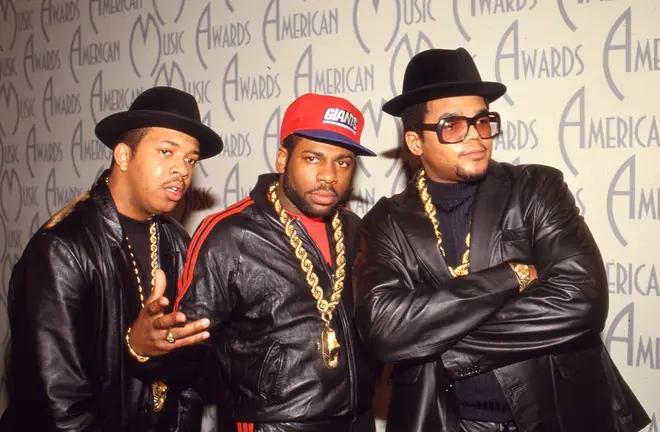By Brian Davis-
The cold blooded killing of Jam Master Jay highlights the depths of greed and jealousy that often attends the drugs trade.
Few names evoke as much reverence and respect as Jam Master Jay, the legendary DJ and co-founder of the iconic group Run-DMC.
His groundbreaking contributions to the genre not only revolutionized the music industry but also paved the way for future generations of artists to follow.
Yet, behind the glitz and glamour of his meteoric rise to fame lay a dark and tragic tale—one marked by greed, betrayal, and ultimately, senseless violence.
The recent conviction of Karl Jordan Jr. and Ronald Washington in the murder of Jam Master Jay serves as a reminder of the perils that lurk beneath the surface of the music industry, particularly the dangerous intersection of fame, fortune, and illicit drug trade.
As federal prosecutors meticulously pieced together the events leading up to Mizell’s untimely death, a harrowing narrative emerged—one rife with greed and jealousy, ultimately culminating in a brutal act of retribution.
Central to the heart of the case lies the insidious influence of drug trafficking, a shadowy underworld where fortunes are made and lost in the blink of an eye.
Jam Master Jay’s involvement in cocaine trafficking, while shocking to many, sheds light on the harsh realities faced by artists grappling with the pressures of fame and financial instability. As Run-DMC’s star began to fade in the mid-1990s, Mizell turned to drug dealing as a means of supplementing his income—a decision that would ultimately seal his tragic fate.
Federal prosecutors allege that Mizell’s foray into the world of drug trafficking proved to be a double-edged sword, as his newfound wealth and connections attracted the attention of unsavory characters seeking to exploit his resources for their own gain.
Among them were Karl Jordan Jr. and Ronald Washington, both of whom allegedly conspired to eliminate Mizell after he cut them out of a lucrative cocaine deal worth nearly $200,000- a seeming betrayal that he perceived as a personal affront to his pride and reputation.
A good question is why they were left out of such a lucrative deal in such a dangerous trade, and why they felt they should have not been excluded? Why did neither party foresee how badly their involvement in drug dealing could end?
Fueled by a toxic cocktail of greed and jealousy, Washington hatched a sinister plot to exact revenge on Mizell, enlisting the help of Jordan to carry out the heinous act.
The events leading up to Mizell’s murder paint a chilling portrait of premeditated violence and calculated cruelty. On the evening of October 30, 2002, Washington and Jordan stormed into a 24-hour recording studio in Queens where Mizell was working, brandishing firearms and ordering him to lie on the floor.
In a moment of sheer terror, Jordan fired two shots at close range, with one fatally striking Mizell in the head—a cold-blooded execution that shocked the hip-hop community.
Federal prosecutors, armed with a trove of evidence and witness testimonies, embarked on a relentless pursuit of justice, determined to hold those responsible for Mizell’s murder accountable for their actions.
The trial of Karl Jordan Jr. and Ronald Washington laid bare the inner workings of a criminal enterprise fueled by greed and fueled by greed and jealousy.
Throughout the proceedings, prosecutors painted a damning picture of the defendants’ involvement in Mizell’s murder, presenting compelling evidence that left little room for doubt. Despite their protestations of innocence, the jury delivered a resounding verdict, holding Jordan and Washington accountable for their roles in the heinous crime.
Yet, as the dust settles on the courtroom drama, questions remain about the broader implications of Mizell’s murder and the systemic issues it exposes.
Looking ahead, the legacy of Jam Master Jay serves as a rallying cry for change—a call to action to address the root causes of violence and inequality that perpetuate cycles of despair and destruction.
Mizell’s memory can be honored by redoubling our efforts to build a more just and equitable society—one where the pursuit of wealth and power does not come at the expense of human life.

